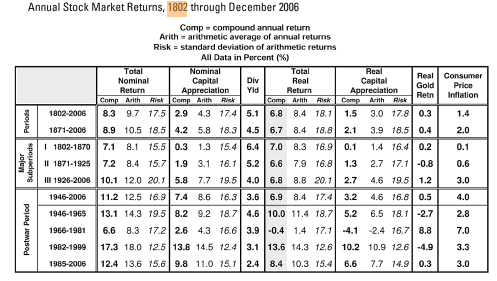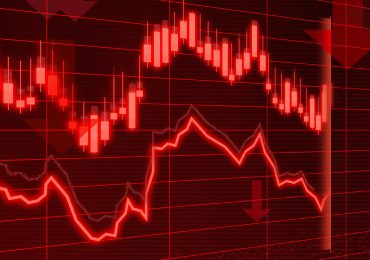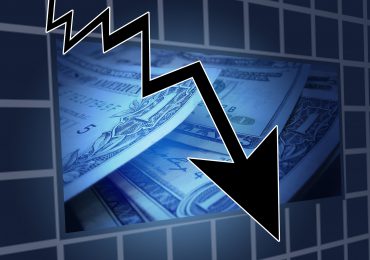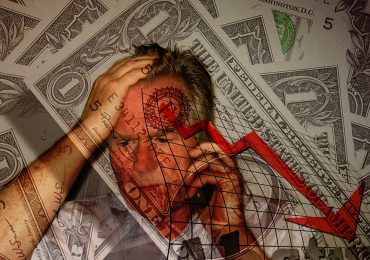In his latest column for The New York Times, Mark Hulbert highlights an interesting new study that examines the concept of long-term risk in the stock market.
The study, performed by University of Chicago Booth School of Business Professor Lubos Pastor and Wharton School Professor Robert F. Stambaugh, questions whether the concept of mean reversion really indicates that stocks are less risky over the long run, a theory that has been espoused by many investors and academics, most notably Jeremy Siegel. Siegel’s research has shown that stock returns have shown a remarkable tendency to revert to about 7 percent per year, after inflation, over the past two-plus centuries.
“Professor Stambaugh said that while Professor Siegel’s research shows that mean reversion is powerful, it is hardly the only force affecting the stock market’s long-term returns,” Hulbert writes. “Because estimates of those other forces are imprecise, Professor Stambaugh said, uncertainty about market fluctuations increases with the holding period — the opposite of what happens because of mean reversion.”
Stambaugh and Pastor base their research on the “Bayesian analysis” developed by an 18th century mathematician, the Rev. Thomas Bayes. “Bayesian analysis is often used to assess the uncertainty of future outcomes, based on a formula for updating the probabilities of given events in light of new evidence,” Hulbert says. “This approach is quite different from traditional statistical measurements of probabilities based on historical data.”
With that approach, the two professors found that reversion to the mean “isn’t powerful enough to overcome the growing uncertainty caused by other factors as the holding period grows,” Hulbert writes, adding that Pastor and Stambaugh’s research estimates that the volatility of stock market returns using a 30-year horizon is almost 1.5 times the volatility using a one-year horizon.
Stambaugh said an example of how this phenomenon might work involves global warming. Its impact on the economy over the next 12 months is likely to be quite small, he told Hulbert. But over the next several decades, the potential effects of warming range from negligible to catastrophic, he said.
Hulbert also contacted Siegel about the study. Siegel “acknowledged the theoretical uncertainty of forecasting stock market returns,” Hulbert writes, “but said it was hard to quantify it. He said the methods that Professors Pastor and Stambaugh used to measure the uncertainty were ‘very much outside of the standard statistical techniques.'”
(To see Siegel’s data on mean reversion, see chart below).









